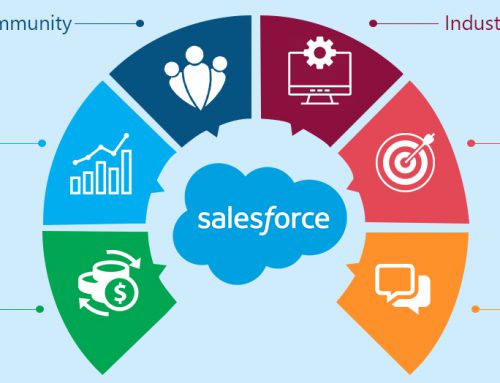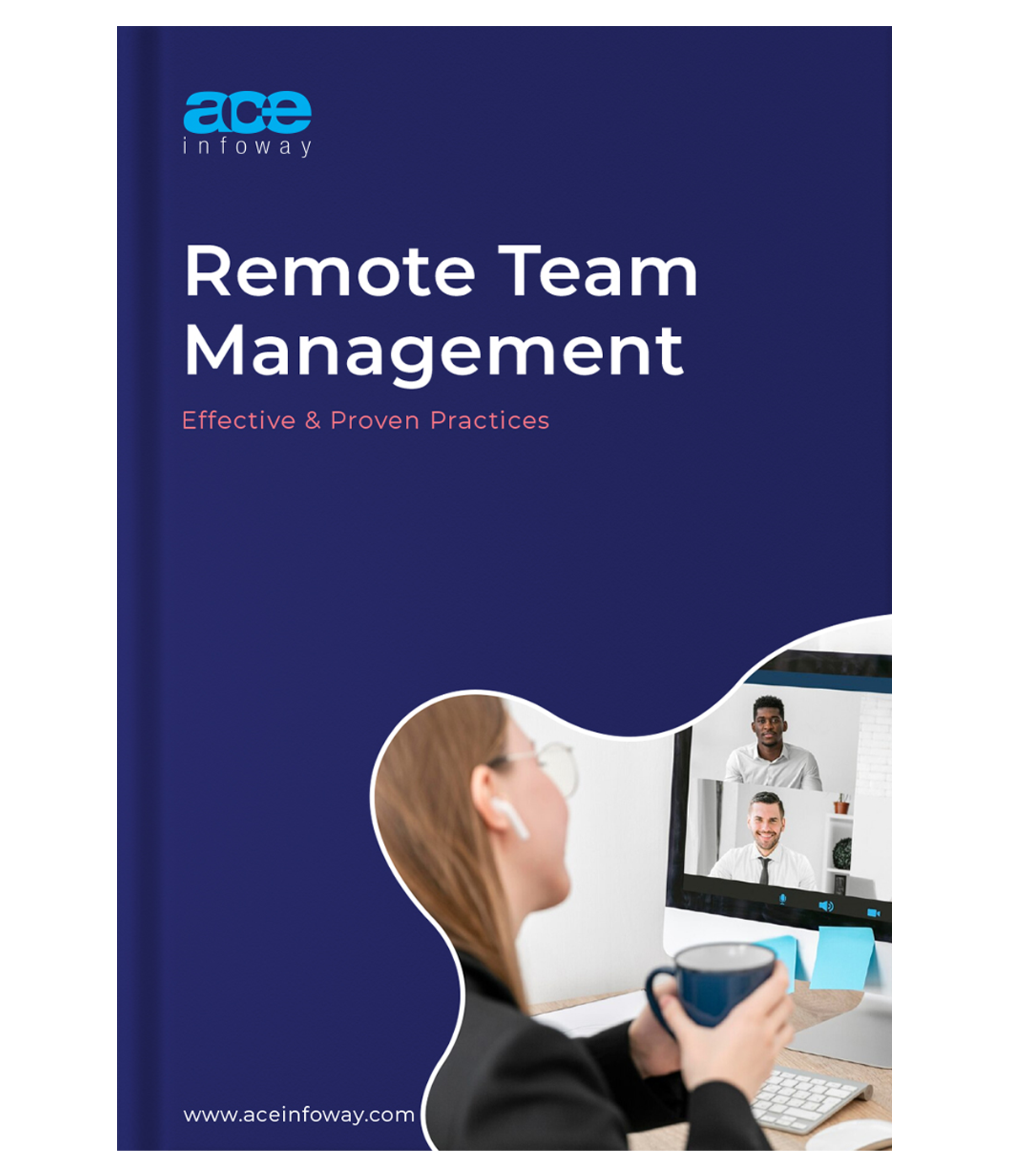Table of Contents
Choosing the right enterprise CMS platform is a daunting task if you are starting out without a concrete framework to achieve your end goals. This article will help you decide in zeroing in on one (if not couple of CMS) platform which best suits all your needs.
What is your long term vision?
The first and foremost step is to get the crystal clear version of your vision in your head. And discuss questions pertaining to it with your peers, senior management etc. How and what role does the CMS will play in realizing your vision. Try to visualize how things are going to turn out for your business in near and far future, keep repeating this exercise until you get a singular voice in your head about the vision. Once you have it all sorted out in your mind, the rest of the process is quite simple.
What the current state of your content?
Now that you know where you wish to go, it becomes imperative for you to take a stock of your content inventory. Be as objective as possible, even if it means doing away with old content which you might have put in a lot of efforts to generate. If you think they are not meant for the future, just leave them behind and take only which is necessary for the onward journey.
Question like these you should ask yourself:
- Is the current content fit for repurposing?
- Is the content still relevant?
- Will this content stand the migration process or its cons far outweighs the pros in the long term?
- Can the content be personalized and give a multi-channel experience?And so on…
By now you should have gained some certainty in terms of what your expectations are and where you stand in terms of content as of now?
Chances are that you already know about some of the preferred CMS platforms that can fulfil your requirements but which one to choose.
Dissect Open The CMS
User friendliness
: How much your developers, content managers love to use the features and work around them with ease is the measure of its ease of use. You don’t want to be stuck with a CMS which is hard to understand for its users and takes a lot of effort on their part to implement simple to execute ideas.
Architecture
: People often forget that the CMS architecture tells about how your future CMS systems will be laid out in stage wise manner. It should be flexible enough for the developers to make changes as you move along. At the same time it should be easy enough for them to learn about the latest developments within the CMS.
Unique Customization
: The CMS should have a lot of scope to have integration options through Plug-ins so that it can be easily customized to give a unique user experience, without involving developers.
What is the allocated budget?
The budget is the single most important factor which play the deciding role before finalizing the CMS. The overall cost of the CMS can divided into various components which are mentioned below
License Fee
: Generally there is license tenure of 3-4 years which comes with your CMS package. The cost will depend on number of users, multiple sites or consolidated, number of additional features etc.
Annual Fee
: In addition to the License Fee, the CMS vendor will charge annual fee which consists of additional support in terms of upgrades, troubleshooting, bug fixes, maintenance etc.
Migration Fee
: A lot of companies would charge you additionally for migrating your content to the new technical stack. The cost would vary depending on the volume of content being migrated, number of hours spent by the developers, and other additional technical support.
Training Fee
: This depends on how many users require training and how big a shift it is for the users is to understand the new CMS which warrants a training material designed extensively for them. The training period a range from hours, days, and even weeks. All this will dictate the training fee which will be levied by the CMS vendor.
Infrastructure Cost
: If the new CMS requires you to invest in new infrastructure like server, people, utility should also be considered.
Professional Services
: There are CMS specific service providers who are engaged in providing Customization, Design, and Implementation related services. They often act as technical consultants who suggest various product modifications to boost the digital experience and leverage the full potential of the product.
These specific service providers can also be consulted to decide the ideal CMS for your business. The biggest advantage of consulting such agencies is that you can save a lot of your time and resources before coming to a conclusion as these agencies will do all the homework on your behalf.

























Leave A Comment